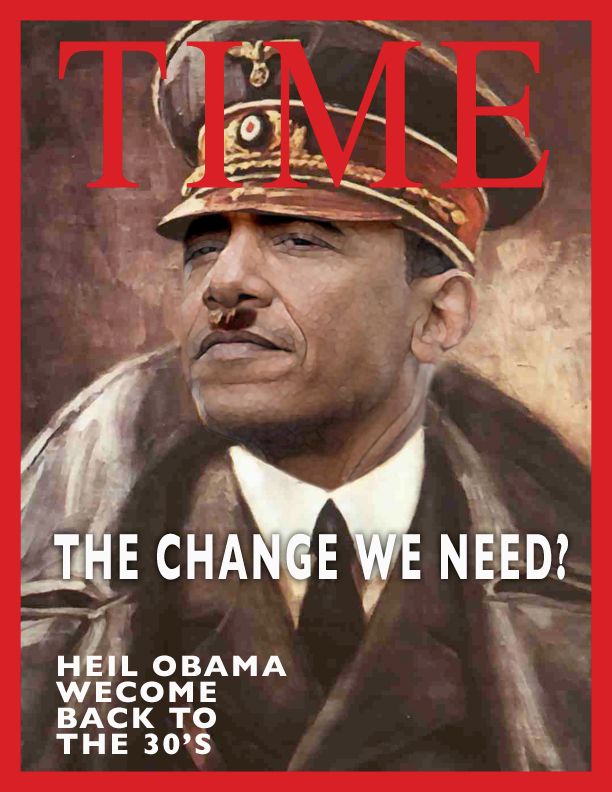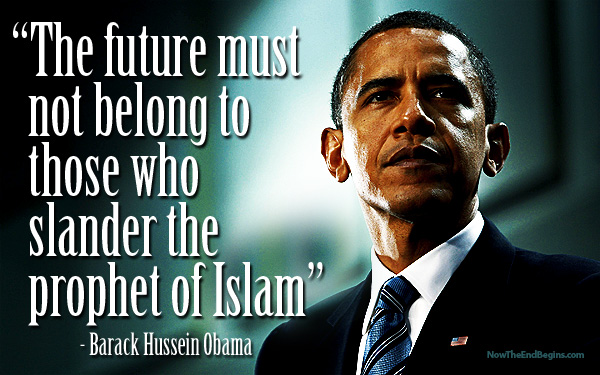http://joeilling.com/2011/12/12/the-making-of-an-american-gestapo-2/
The Making of an American Gestapo?
Posted on December 12, 2011
A long time ago the authors of our Constitution, who’d felt the bitter frustration and pain of tyranny, were desperately trying to convince skeptics that the document they’d crafted would give everyone, in perpetuity, what they’d recently fought and bled for. Their document would be a written guaranty against tyranny.
Those men, whom we now call the Founders, came up with something that no nation had ever come-up with before in history. They scrapped the notion that an accident of birth could make one man superior to another and wrote that every man had a God-given dignity equal to that of any other man. And more importantly and radically, they vested the nation’s political sovereignty, not in a king or an aristocracy, but in each man equally.
And so it was that personal dignity became the cornerstone upon which all they constructed rested. They laid that cornerstone on soil stained by the blood of those who fought and died for their improbable dream … self-governance.
The document they authored to achieve that dream they called the Constitution. Their aim was to make iron-clad-sure that the political sovereignty of each and every man, and each and every former colony, was protected forever from a central government so authoritarian and rapacious that it became oppressive. The Constitution they were selling was to be every man’s guaranty in writing against that.
However many felt the original document fell short of that mark. The skeptics wanted a federal government that was explicitly forbidden from doing things such as limiting speech, establishing a religion, or forcing one to testify against oneself in court.
As a consequence, the federalists amended their constitution with ten items, later dubbed the Bill of Rights. Although these additions didn’t convince all the doubting Thomases, such as Patrick Henry of Virginia, they did do the trick. The colonies ratified the Constitution and The United States of America was founded.
It worked, perhaps better than those who wrote it had hoped for. Why? Because they wrote their Constitution in plain English. They wrote-out how things would work using simple words and common phrases that everyone could easily understand.
People could see, for instance, why setting up three co-equal and competing branches of government was a good idea. They could see that the coordination of commerce between the various states was both logical and necessary. And they could see that by limiting the federal government’s powers in writing they could give the ultimate guaranty of liberty to everyone.
Unfortunately , a nation founded on the written word can be destroyed by how those words are defined. Whoever gains the power to define can wield it to reap supreme mastery, limitless wealth and preeminent status.
Some people today think that’s exactly what’s happened. The words and phrases of the Constitution have been argued and interpreted in so many ways over the years as to become convoluted, contradictory and subject to judicial whim. Sometimes it’s hard to believe that our judges and political class are talking about same document those guys wrote in 1789.
For example, here’s what the Fourth Amendment says about protecting us from the government getting its nose in our personal affairs:
The right of the people to be secure in their persons, houses, papers, and effects, against unreasonable searches and seizures, shall not be violated, and no Warrants shall issue, but upon probable cause, supported by Oath or affirmation, and particularly describing the place to be searched, and the persons or things to be seized.
That’s straightforward enough. And if you listen closely you can still hear the founders’ profound respect for personal dignity come through. It all comes down to an individual’s right to privacy from unreasonable intrusions by a government. After all, how can one be free, how can one enjoy the blessings of liberty if one has no privacy?
But that was then and this is now. So let’s take a section of that personal guaranty against tyranny to SeaTac International airport where you can wait with fellow passengers to be herded like sheep through a collection of electronic devices that x-ray your luggage or see through your clothes. It’s uncomfortably close to a scene from a Keystone Cops movie.
At some point during this ordeal you might start thinking that there’s a more efficient way to do what they’re doing. After all, if they’re looking for bad guys, shouldn’t they look for guys that fit that description?
This thought might even lead you to more seditious thoughts, such as why are those TSA officers feeling-up a 90 year old granny? Why are they conducting a full body search on a disabled person who couldn’t walk past the scanners? Or why are they traumatizing a nine-year old girl simply because of where she stood in a line?
This might even get you upset enough to exercise your right to free speech (another guaranty of that Constitution, see Amendment #1). You might even become so incensed that you protest the insanity by producing your copy of the 4th Amendment prohibiting unreasonable search.
No? You won’t do it? Why not? Because you don’t want your name on the “no fly” list! You don’t want to be grounded for eternity because some bureaucrat took offense at your protestations.
So like the rest of us, you’ll not even mutter a meek criticism of those TSA police look-alikes, who, despite their uniforms and their appellation officer fit none of the criteria and have none of the training required for a real officer.
But is that any reason to call the T.S.A. a Gestapo? After all they’re just trying to protect us. It’s not like they set out to subvert our Constitution. True enough, but other things are true as well.
Does anybody else find it spooky that we’re seeing the architecture for a national police force put in place right before our eyes? This is precisely how Herman Goring and Heinrich Himmler created their national police force in Germany where none had previously existed. They called it the Gestapo.
And it’s also true that the political and bureaucratic evolution of such matters invariably produces unintended consequences. Could it be our nation’s future will see TSA hives in train stations, airports of all description, bus stations, seaports and electric generating stations?
If so, by then it would be too late to do much to reverse the situation. Like Ronald Reagan once said, the closest thing to eternal life we’ll see on earth is a government program. Will our kids and their kids and their kids’ kids inherit what amounts to a national police force, a Gestapo ofsorts, directed by faceless bureaucrats in Washington, D.C.?
One of these unintended consequences has already played-out. That’s the one that’s shredded the dignity of each and every one of us who’s been subjected to the federal government’s mis-guided attempt to thwart terrorists in its war on terror … a war against a concept which begs this question: How do you know when it’s over? How do you declare victory against a concept? When the word terror is vanquished?
Here’s another one of those unintended consequences. It’s taking shape along with the formation of our national police. It’s the unionization of the TSA, which will lead to its permanent enshrinement in our galaxy of federal entitlements and rights.
But of course not everyone will find this odious. Some will benefit from it. Take the thousands of TSA employees who will see higher salaries and benefits; or the government unions that will reap handsome dues payments; or the politicians who support those unions and who, in turn, will receive their lucrative support.
So the next time you visit SeaTac, take your copy of your Constitution with you. After all, it’s your guaranty against such things as unreasonable searches and government oppression. And, it’s in writing.




